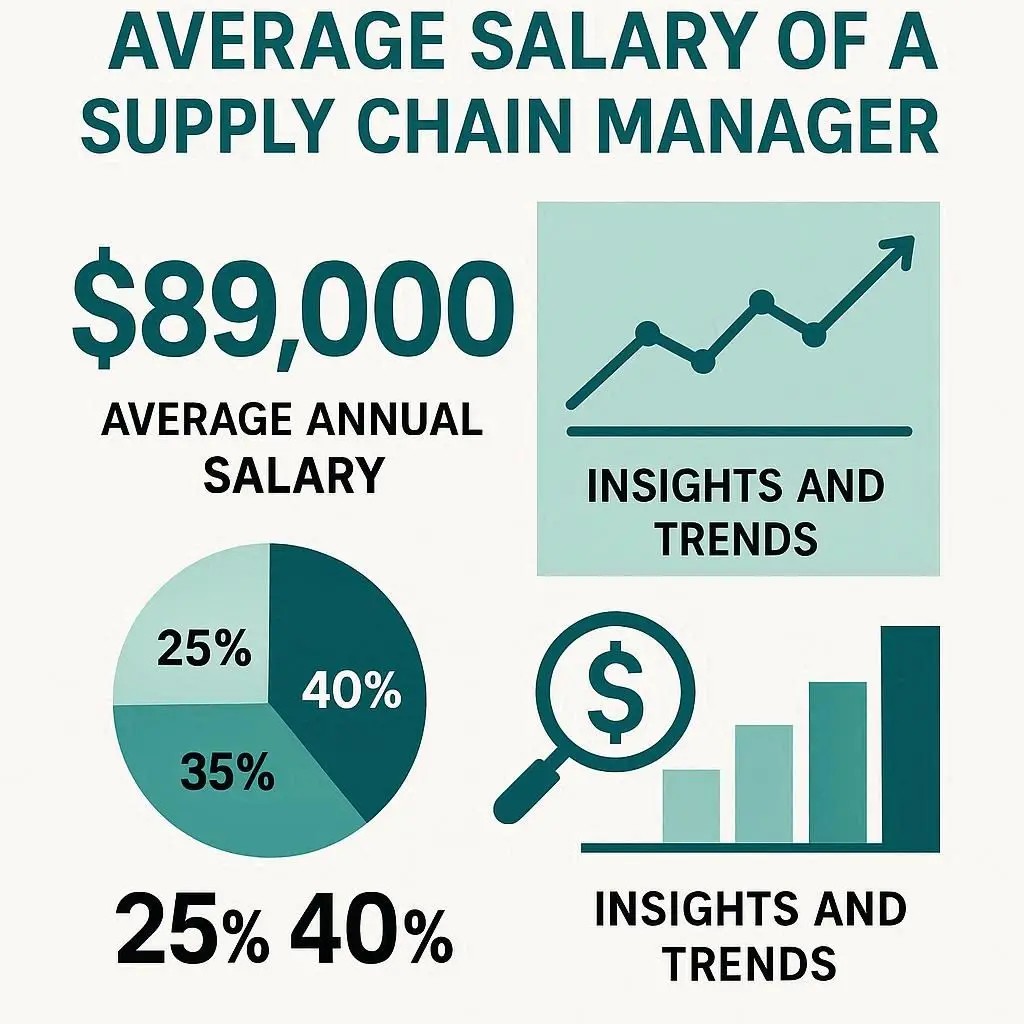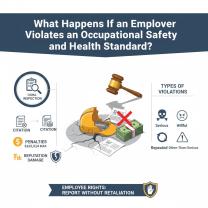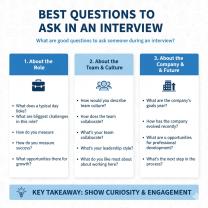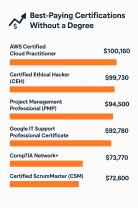What is the average salary of a supply chain manager?
Here’s a detailed overview of the average salary for a Supply Chain Manager in the U.S., along with key insights and trends shaping this dynamic field:
National Averages & Ranges
Salary Solver (2025 estimate):
Average: ~$103,000/year
Range: ~$75,000 to $145,000+, depending on role and industry
Breakdown by experience:
Entry-level (0–2 yrs): $70K–$85K
Mid-level (3–5 yrs): $85K–$110K
Senior (6–10 yrs): $110K–$130K
Executive (10+ yrs): $130K–$160K+ Salary Solver
Indeed (July 2025 data):
Average: $103,167/year
Low: $64,960; High: $163,848 Indeed
Salary.com (August 2025):
Median: $130,132/year
Range (25th–75th percentile): $116,681 – $142,640 Salary.com
Other Salary Data & Context
Coursera (March 2025):
Median for logisticians: $79,400/year (logisticians often have less responsibility than supply chain managers)
Supply Chain Manager median: ~$111,956; Senior: ~$145,652; Director: ~$152,822; VP: ~$177,093
Education impacts:
Associate degree: ~$92,543
Bachelor’s: ~$108,240
Master’s: ~$118,982
Doctorate: ~$124,654 Coursera
Glassdoor (July 2025 updates):
Average:
$146,678/year ($71/hour)25th percentile: ~$112,350; 75th percentile: ~$194,022
Top earners report as high as $247,341 Glassdoor
Industry-Specific Averages (Glassdoor):
Energy/Mining/Utilities: ~$161,578
Financial Services: ~$160,009
Pharma/Biotech: ~$157,558
IT: ~$144,338
Telecom: ~$138,136 Glassdoor
Salary Solver (Other roles):
Supply Chain Manager range: $85K–$130K
Director of Supply Chain: $120K–$200K+ Salary Solver
Regional Highlights
California (Indeed, July 2025):
Average: ~$108,042/year
Upper range in cities:
San Ramon: ~$152,908
Fremont: ~$142,785
San Diego: ~$115,495 Indeed
California (Salary.com, Jan 2025):
Average: ~$126,873/year
Range: $112,000 – $142,821 (25th–75th percentile)
Broader range: $108,600 – $173,547 Salary.com
San Jose, CA (Glassdoor):
Average: ~$172,292/year
Range: $139,108 – $216,612 Glassdoor
Other Metro Comparisons (SupplyChainManagementEdu.org):
Seattle: ~$126,890 for similar roles (transportation/storage managers)
Detroit, Miami, etc. also show wide variability SupplychainManagementedu.org
Insights from Real-World Professionals
“$72K for a SC Manager… is extremelyyy low.” — A professional in San Diego, expressed in a Supply Chain Manager context Reddit
“For that role [4.5 years experience in Nashville], base should be $100–110 K, then cash sign-on bonus of $20–30 K, with RSUs.” — Reflecting compensation mix in mid-career moves Reddit
“As a Senior Manager aiming for c-suite involvement, ask for like $250K.” — Contextualizing higher-end leadership roles Reddit
Summary Table
| Category | Salary Range (USD/year) |
|---|---|
| National Average (mixed sources) | $103K – $130K |
| Entry-Level (0–2 yrs) | $70K – $85K |
| Mid-Level (3–5 yrs) | $85K – $110K |
| Senior (6–10 yrs) | $110K – $145K |
| Executive / VP Level | $152K – $200K+ |
| Glassdoor Average (avg/high) | $147K (up to $247K for top earners) |
| High-paying Industries | $144K – $162K |
| California Average | $108K – $127K (with hotspots up to $172K) |
Key Takeaways
Experience, education, industry, and location all play a major role in salary variance.
Career progression—from entry-level to executive—is accompanied by notable increases in compensation.
Certain industries (like Energy or Pharmaceuticals) and metro regions (especially high-cost areas like San Jose) offer much higher pay.
Strategic certifications and graduate degrees (MBA, SCM Master’s, CPSM, etc.) positively impact earnings CourseraWikipedia.
Supply Chain Management is a dynamic and essential field, offering competitive salaries and diverse career opportunities. Here's a comprehensive look at compensation, influencing factors, and career progression in this profession.
Average Salary of a Supply Chain Manager
The average salary for a Supply Chain Manager in the United States varies significantly based on the source and specific criteria, but generally falls within a strong range.
Overall Average: According to various sources (updated for 2025 data), the average annual salary for a Supply Chain Manager ranges from approximately $72,000 to $163,000.
CareerExplorer indicates an average of around $72,067 per year, with wages typically starting from $36,352 and going up to $142,871.
Payscale reports an average of $93,048 in 2025, with a range of $63,000 to $126,000.
6figr.com indicates an average annual total compensation of $163,000, mostly ranging from $139,000 to $385,000, with top earners potentially reaching $466,000.
ERI Economic Research Institute reports an average of $130,701 per year.
By Seniority:
Entry-level (less than 1 year experience): Around $68,969 - $50,270.
Early career (1-4 years experience): Around $81,644 - $72,067.
Mid-level: Around $72,067 - $93,048.
Senior-level (5-8+ years experience): Can range from $103,314 to over $145,652.
Director/VP of Supply Chain: These executive roles can command significantly higher salaries, often exceeding $150,000, with Vice Presidents potentially earning over $177,093.
Factors Affecting Supply Chain Manager Compensation
Several key factors significantly influence a Supply Chain Manager's earning potential:
Experience Level: This is one of the most critical factors. Salaries generally increase substantially with more years in the field, reflecting a deeper understanding of complex supply chain dynamics and proven ability to optimize operations.
Education and Certifications:
An Associate's degree might lead to an average of around $92,543.
A Bachelor's degree typically correlates with an average of about $108,240.
Master's degrees often push salaries higher, averaging around $118,982, with Doctorates potentially reaching $124,654.
Specialized certifications (e.g., APICS CPIM, CSCP, CLTD, CTSC) demonstrate advanced expertise and can lead to better pay and career advancement.
Industry Sector: Different industries have varying salary scales due to specialized skills required and competitive landscapes.
Higher-paying industries: Technology, pharmaceuticals, aerospace/defense, federal government, and management of companies often offer more competitive compensation.
Mid-range industries: Manufacturing, professional and technical services.
Lower-range industries: Wholesale, healthcare.
Geographical Location: Salaries can vary significantly by state and city due to differences in cost of living, demand for talent, and concentration of industries. Highly urbanized areas or regions with major transportation hubs and manufacturing centers tend to offer higher salaries.
Company Size: Larger companies often have more complex global supply chains and typically offer higher salaries and more comprehensive benefits to attract top talent.
Specific Skills and Performance: Proficiency in areas like forecasting, ERP systems (e.g., SAP), data analytics (e.g., Power BI, Excel automation), risk management, and strategic thinking can significantly impact compensation. Proven achievements in optimizing supply chains and reducing costs are highly valued.
Job Responsibilities and Team Management: Roles with greater complexity, higher levels of responsibility, and management of larger teams generally command higher salaries.
Salary Comparison by Industry and Region
Compensation for Supply Chain Managers is highly dependent on both the industry they work in and their geographic location.
By Industry (Average examples from various sources):
Aerospace/Defense: Around $134,000
Luxury/Pharma: Around $123,000
Federal Government: Around $95,890 (for logisticians)
Manufacturing: Around $82,410 (for logisticians)
Wholesale: Around $72,200 (for logisticians)
By Region (Examples of average salaries for Supply Chain Managers in the US as of August 2025):
Highest Paying States:
New Jersey: ~$159,890 - $141,050
Delaware: ~$151,720 - $131,785
California: ~$151,370 - $143,536
District of Columbia: ~$150,890 - $144,082
Colorado: ~$147,840 - $132,774
Massachusetts: ~$139,650 - $141,623
New York: ~$131,710 - $138,343
Washington: ~$128,930 - $141,102
Highest Paying Cities (Examples):
San Francisco, CA: ~$162,522
New York, NY: ~$150,810
Boston, MA: ~$145,136
Palo Alto, CA: ~$132,565
Seattle, WA: ~$212,000 (for Supply Chain Operations Manager L6 at Amazon)
Benefits and Incentives for Supply Chain Professionals
Beyond base salary, supply chain professionals often receive a range of benefits and incentives that contribute to their total compensation package and overall job satisfaction.
Bonuses and Profit Sharing: Many roles include performance-based bonuses, which can be tied to individual achievements (e.g., cost reduction, efficiency improvements) or company profitability.
Commission: Depending on the specific role, commission can be a component of compensation, particularly in procurement or sales-related supply chain positions.
Health and Wellness: Comprehensive health insurance (medical, dental, vision), wellness programs, and employee assistance programs are standard.
Retirement Plans: 401(k) or other retirement savings plans, often with employer matching contributions.
Paid Time Off: Vacation days, sick leave, and paid holidays.
Professional Development: Companies often invest in employee growth through:
Tuition Reimbursement: Support for advanced degrees or relevant coursework.
Certification Sponsorship: Covering costs for valuable industry certifications (e.g., APICS).
Training Programs: In-house or external training to develop specialized skills (e.g., ERP systems, data analytics, sustainability practices).
Conferences and Workshops: Opportunities to attend industry events for networking and learning.
Other Perks: Depending on the company and role, these might include company cars, meal allowances, flexible work arrangements, remote work options, and employee discounts.
Job Security: The high and projected faster-than-average growth in demand for logisticians (19% from 2023 to 2033) indicates strong job security and stability in the field.
Career Advancement Opportunities in Supply Chain Management
The supply chain field offers a clear and dynamic career ladder, with numerous opportunities for advancement for skilled and experienced professionals.
Entry-Level Roles:
Supply Chain Analyst
Logistics Administrator/Specialist
Buyer/Purchaser
Inventory Analyst
Production Planner
Mid-Level Management:
Supply Chain Manager: Oversees various aspects of the supply chain, optimizing processes.
Logistics Manager: Manages the movement, storage, and distribution of goods.
Procurement Manager/Sourcing Manager: Responsible for researching, evaluating, and purchasing materials or services.
Operations Manager: Oversees the production segment of a supply chain.
Demand Planning Manager: Utilizes data analysis and forecasting.
Materials Manager: Manages the flow of materials within a company.
Senior Leadership Roles:
Senior Supply Chain Manager: More strategic role, leading complex projects and teams.
Director of Supply Chain: Sets vision and strategy for the entire supply chain department, overseeing multiple functions.
Vice President (VP) of Supply Chain: Executive-level position, responsible for the overall supply chain strategy and performance across the organization.
Chief Supply Chain Officer (CSCO): Top executive role, leading all supply chain operations and strategy.
Specialized Roles:
Strategic Sourcing Manager: Focuses on long-term supplier relationships and cost optimization.
Risk Management Specialist: Identifies and mitigates supply chain risks.
Supply Chain Consultant: Provides expert advice to various companies.
Global Supply Chain Manager: Manages international logistics and operations.
Supply Chain IT/Systems Manager: Focuses on the technological aspects of supply chain management (e.g., ERP implementation, data analytics platforms).
To advance, professionals should focus on gaining diverse experience across different supply chain functions, specializing in high-demand skills (e.g., data analytics, sustainability, digital transformation), mastering technical tools, and continuously pursuing relevant education and certifications. Strong leadership, communication, and negotiation skills are also crucial for upward mobility.













